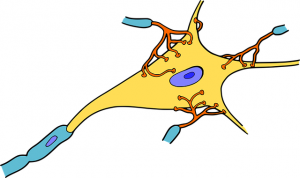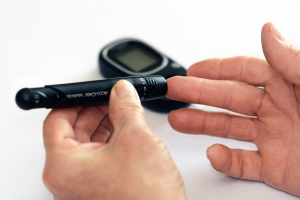
The biology of selenium in humans is complex. What is known is that selenium is widely distributed in body tissues and in physiological processes [Wrobel].
Particularly of interest is the preferential maintenance of selenium concentrations in the brain, even in circumstances in which selenium stores are deleted in other organs such as the liver and kidneys [Wrobel].
What Does Selenium Do in the Body?
Dr. Wrobel, University of Miami Department of Biochemistry and Molecular Biology, lists the following functions of selenium and selenoproteins in the body:
- Adequate levels of selenium are needed to modulate the function of the thyroid gland.
- Selenium plays an important role in male and female fertility.
- Selenium deficiency is associated with cardiac and skeletal muscle disorders, with changes in muscle fibers leading to the impairment of muscle contraction and to muscle atrophy.
- Low levels of selenium are associated with impaired cognitive function and neurological disorders.
- There exists an inverse relationship between selenium concentrations and the risk of coronary heart disease and the risk of certain types of cancer.
- Low selenium levels are associated with high HIV mortality.
- Selenium supplementation reduced the number of hospital admissions for HIV patients.
Selenium and the Prevention of Cancer
Epidemiological studies show generally that higher exposure to selenium is associated with a reduced risk of most forms of cancer. For example, people living in higher soil selenium regions tend to have lower incidence of cancer [Wrobel].









